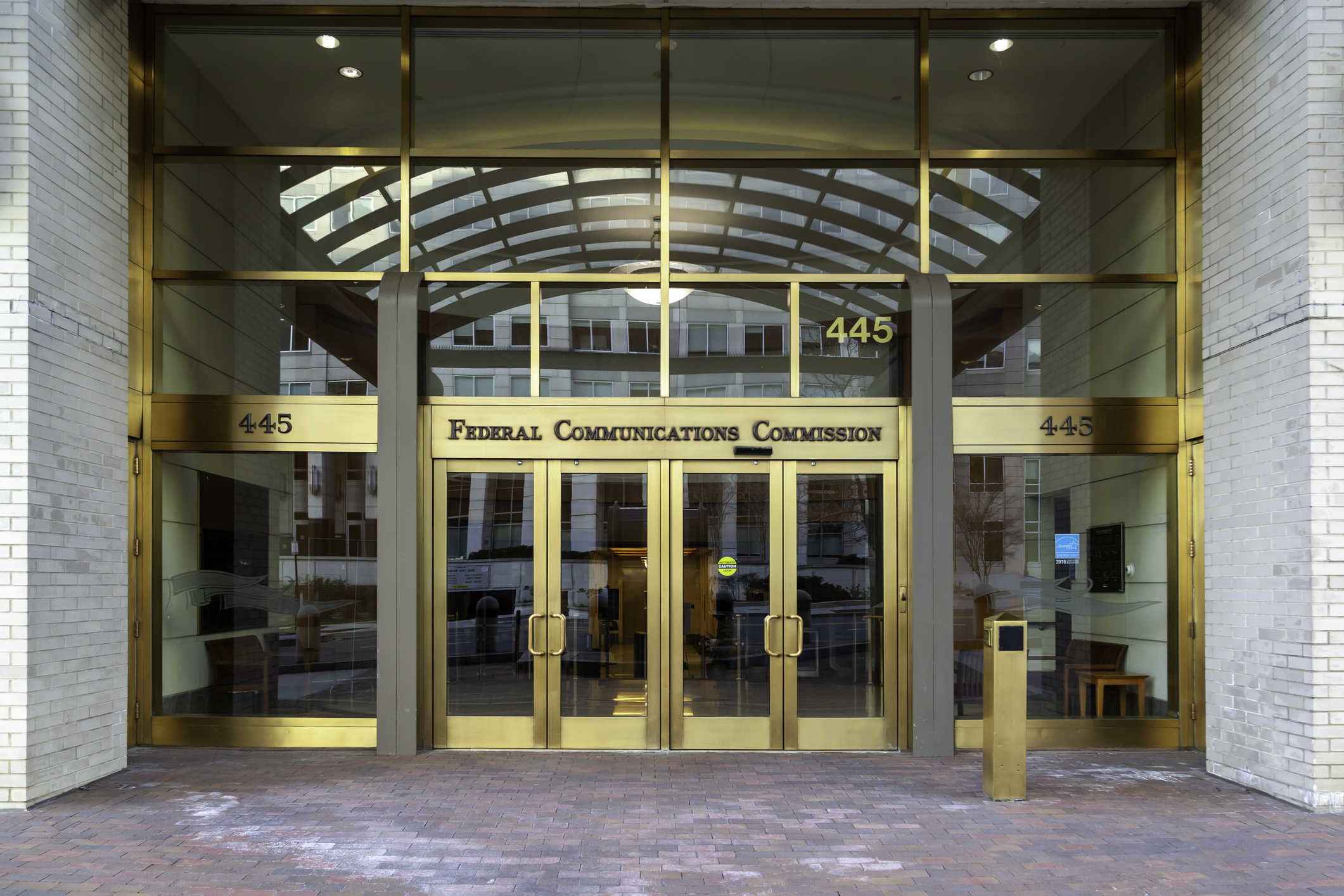
Stay
UpdateD
Join the BPC
Email List
Stay up to date on exciting projects and upcoming events from the Black Promoters Collective.

A federal appeals court recently struck down an attempt by the Federal Communications Commission to enforce net neutrality, the idea that internet service providers shouldn’t favor or discriminate against some websites or services over others. This policy has been a priority of the Biden administration, and the new ruling is the latest in a decades-long debate that has pitted advocates for equal access to the internet against corporate interests who argue that the government should stay out of the business decisions of companies that provide internet service.
On Thursday, the 6th Circuit Court of Appeals ruled against the FCC’s recent decision to reenact net neutrality rules that would ensure fair and equal access to the internet. At the urging of the Biden administration, the FCC voted in 2024 to reinstate regulations from the Obama administration that forbade companies from slowing down or blocking access to some internet sites or speeding up access to others that paid to be prioritized by internet service providers. The appeals court cited an earlier Supreme Court ruling that limited the ability of federal agencies to interpret laws in unclear areas. In response to the ruling, FCC Chair Jessica Rosenworcel, who voted for the renewed regulations last year, urged Congress to pass legislation to enforce net neutrality.
“Consumers across the country have told us again and again that they want an internet that is fast, open, and fair,” Rosenworcel wrote in her statement on the decision. “With this decision it is clear that Congress now needs to heed their call, take up the charge for net neutrality, and put open internet principles in federal law.”
Net neutrality is based on the principle that internet customers should receive consistent speed and quality of service regardless of the content they are accessing; in practice, net neutrality means “prohibit[ing] internet service providers from blocking, throttling, or engaging in paid prioritization of lawful content.” Advocates for net neutrality argue that equal access to internet services is a right for American citizens that must be protected against discriminatory practices, such as slowing down access to content that may be controversial, and that the federal government has the authority to regulate internet delivery the same way it regulates providers of services like water, electricity and telephone lines. On the other hand, opponents of net neutrality hold that federal regulations to enforce net neutrality overstep the authority given to the government over private companies, and these corporations should be able to decide their business practices.
Net neutrality has primarily been a partisan issue, with Democrats favoring the regulations and Republicans opposing them. The appellate court’s decision cited the political back-and-forth that has occurred over net neutrality, noting, “This order — issued during the Biden administration — undoes the order issued during the first Trump administration, which undid the order issued during the Obama administration, which undid orders issued during the Bush and Clinton administrations.”
In November, President-elect Trump announced that he had picked Brendan Carr, an opponent of net neutrality, to lead the FCC in the second Trump administration.
Beyond opposing net neutrality, Carr—the author of an FCC chapter of Project 2025—is expected to help Trump enact a conservative agenda regarding information and media. The current ruling against net neutrality demonstrates that this conservative agenda is already in effect.
Stay up to date on exciting projects and upcoming events from the Black Promoters Collective.

©2024 Black Promoters Collective (BPC) All Rights Reserved.